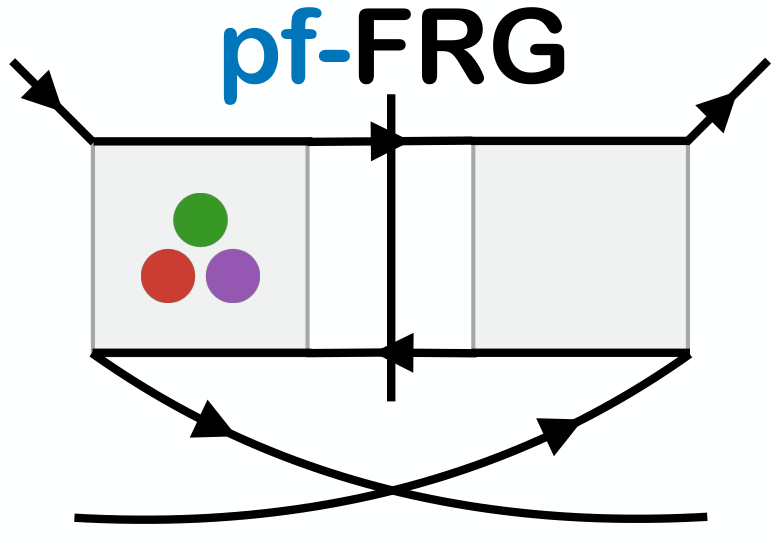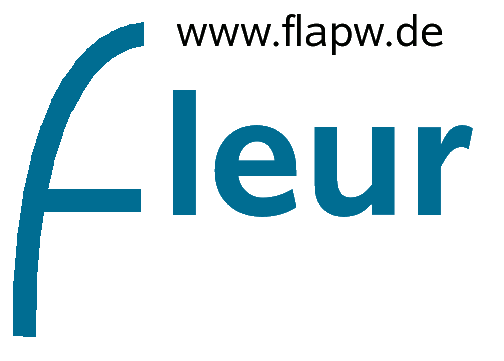
Open-source codes developed within CRC 1238
code packages
The CRC has developed two implementations of the pseudo-fermion functional renormalization group to study the physics of frustrated magnetism. These codes are extremely versatile allowing to study a broad range of spin isotropic and anisotropic couplings (Heisenberg, XY, Kitaev, …) in two and three-dimensional lattice geometries. They have also been expanded to spin-valley and spin-orbital degrees of freedom.

A Julia code that provides an efficient, state-of-the-art multiloop solver for functional renormalization group equations of quantum lattice spin models in the pseudo-fermion representation.
Trebst group, originally created by former group member Dominik Kiese it is now developed in collaboration with current group member Lasse Gresista and Tobias Müller (Würzburg).
SpinParser („Spin Pseudofermion Algorithms for Research on Spin Ensembles via Renormalization“) is a C++ software platform to perform pseudofermion functional renormalization group (pf-FRG) calculations to solve lattice spin models of quantum magnetism.
Finn Lasse Buessen, The SpinParser software for pseudofermion functional renormalization group calculations on quantum magnets, SciPost Phys. Codebases 5 (2022).
Trebst group, developed by former group member Finn Lasse Buessen.
Julia code
Our studies of frustrated magnets are often supported by classical Monte Carlo simulations for which we have developed our own Julia code
A Julia package that allows the semi-classical analysis of su(4) spin models, relevant to, e.g., spin-valley or spin-orbit coupled materials, using Metropolis Monte Carlo and simulated annealing algorithms.
Trebst group, developed by Lasse Gresista and former group member Dominik Kiese.
Monte Carlo codes
For the study of the thermodynamics of two- and three-dimensional Kitaev models we have developed highly performant sign-free quantum Monte Carlo codes
are two C++ packages that implement this approach by combining a sampling of the Z2 gauge field with an exact calculation of the Majorana density of states –via exact diagonalization or the Green’s-function-based kernel polynomial method, respectively.
Trebst group, developed by former group member Tim Eschmann in close collaboration with Yuki Motome’s group in Tokyo.
DQMC codes
Lattice based calculations and plotting (requires Julia v.1.0).
Developed by former group member Jan Attig.
Code module for the calculation of RIXS spectra (requires Julia v.1.0).
Developed by former group members Jan Attig and Luca Peterlini.
Ab-initio codes

The Blügel group develops and supports a broad range of ab-initio codes , including fleur (a familiy of LAPW codes Zenodo (2023) DOI: 10.5281/ZENODO.7891361
and JuKKR (Green function based DFT codes Zenodo (2022) DOI: 10.5281/zenodo.7284738 ).